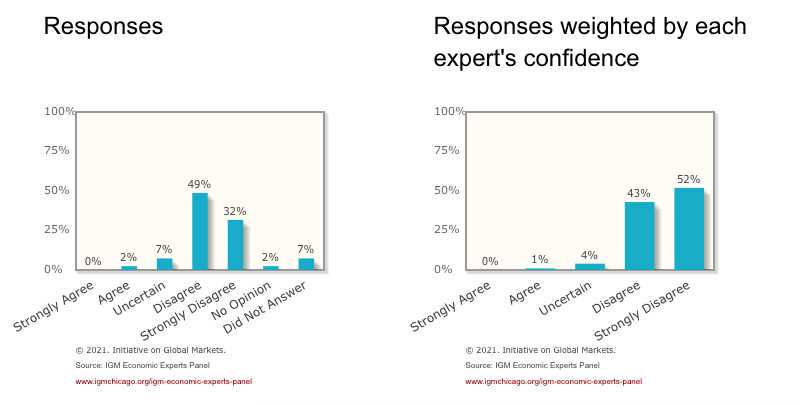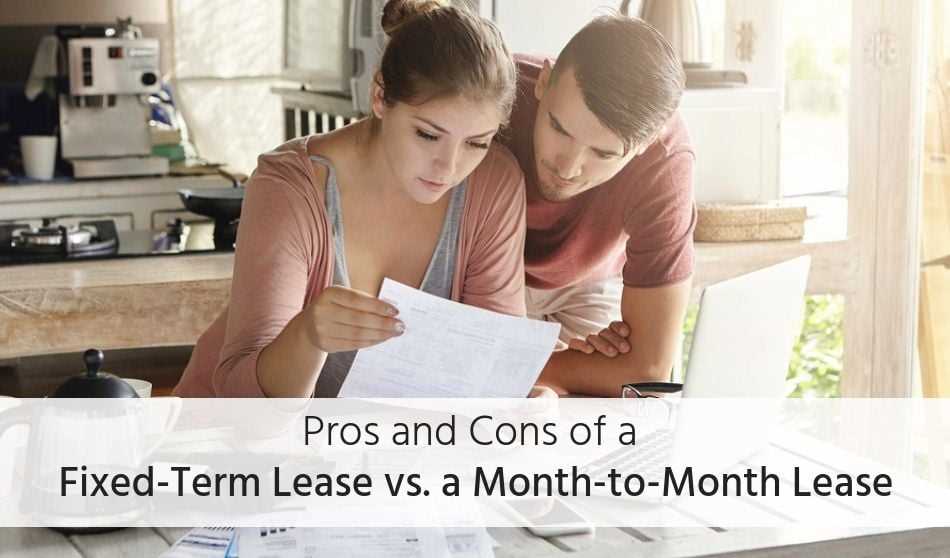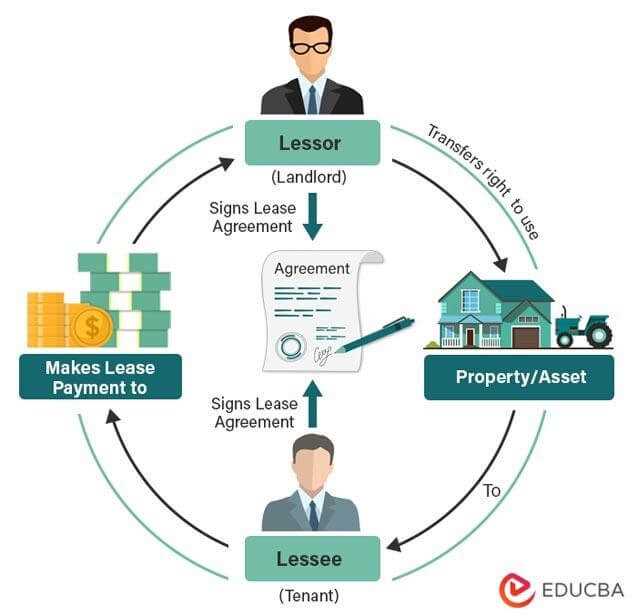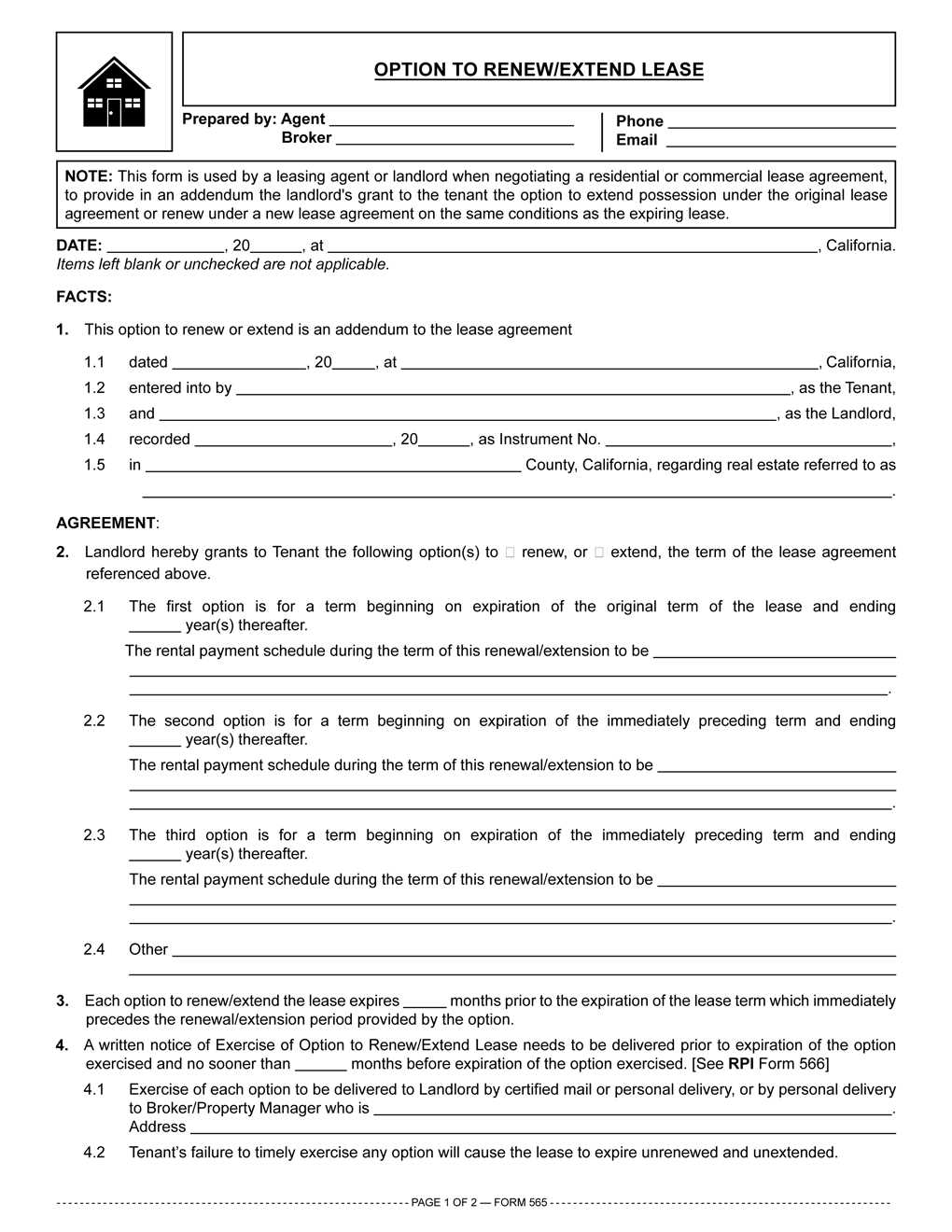Tenancy at Sufferance vs Tenancy at Will: Legal Definition and Differences
Tenancy at Sufferance vs Tenancy at Will: Legal Definition and Differences Exploring Tenancy at Will Tenancy at will, on the other hand, is a more flexible type of tenancy agreement. It allows the tenant to occupy the property for an indefinite period without a fixed lease term. This type of … …






